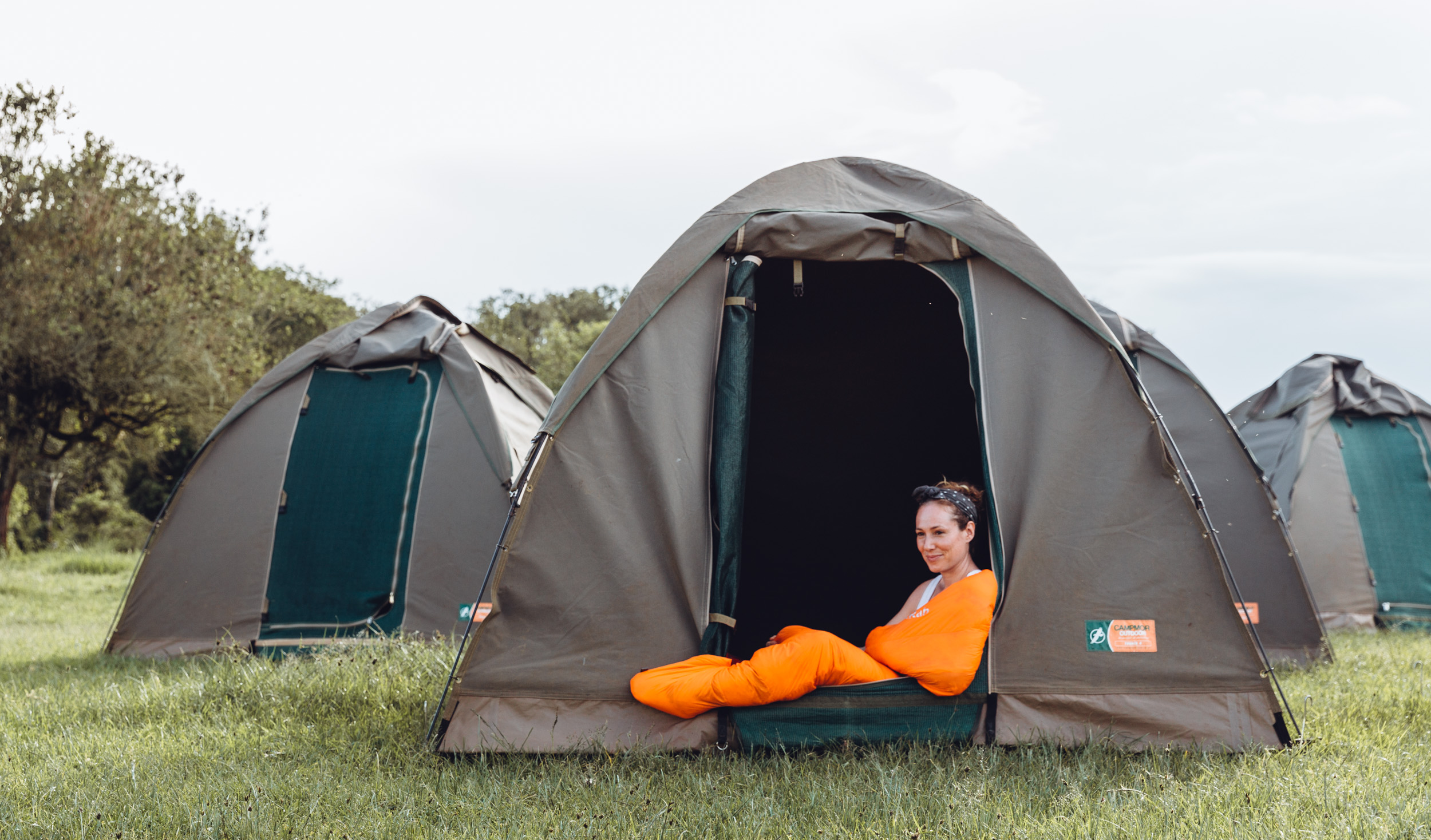On leaving the UK, we found we had to quickly adjust from having a relatively large disposable income to backpacking on £15 a day each. Everything has to come out of this limited pot; from the bed for the evening to tours, food and transport across one and a half continents.
There was no way we were going to be able to manage this without knowing exactly where every penny or peso was going, so we turned back to the budget app that kept us honest when we saving for this trip - MoneyWise.
Although there are a number of free apps on the market, we have found that this has the best usability and free features.
If you're on a long-term trip - and don't have an unlimited trust fund to fall back on - then you shouldn't travel without it.
Yes, it's the unsexy, non-Instagrammed side of travel, but it's pretty important.
Here are our six essentials to travelling smarter, cheaper and longer with a budget app.
#1 Work out your daily budget
If you don't have something to keep you in check, then you're never going to stick to a long-term budget.
For our two year trip, we limit ourselves to £15/day each. However this limit will vary for everyone depending on where, how long and how you travel.
Most guide books have a section on average daily costs in each country, so use this as your starting point.
#2 Set categories true to your travel style
Make them specific to you and your trip - if you spend a lot on souvenirs, then it should be a stand-alone category.
If you insist on taking a taxi everywhere, then create a 'taxi' sub-category under the main one of 'transport' so you can see just how much more it's costing you.
Here are the essentials to get you started:
Accommodation
Transport
Activities
Eating out
Groceries (various sub-categories)
Alcohol
Crossing Borders
Sweets & Treats
Try to avoid a 'miscellaneous' category - this will only confuse at the end of the month you when you analyse the information.
#3 Make it a daily habit
It only takes a few weeks for something to become a habit and it only takes a couple of days before you end up forgetting (or underestimating) what you spent on that midnight trip to the shop.
So, as quickly as possible after you start your trip, try to have a set routine for keying in the data: whether it's on the toilet, before breakfast, after every purchase or last thing at night.
#4 Back-up the data regularly
The main flaw of MoneyWise is that it does not sync to a cloud-based server, this can be really frustrating.
As an alternative, we have to export our data to via e-mail or to Google Drive at regular intervals. Unfortunately, we found the importance of backing-up regularly the hard way - a broken tablet meant days of lost data and the racking of minds to remember whether it was two beers or one.
#5 Analyse the numbers
How frequently you choose to do this is personal choice. Whether it's every week or every month, it's essential to drill down into the data.
As we are on a long trip, we find once a month is enough but we also do it whenever we are leaving a country so that we can make a specific budget breakdown for the time we spent there. This proves really useful to understand how far our funds stretch in different places so we can recommend them to other budget-conscious backpackers.
We import the data from MoneyWise into a spreadsheet and create a pivot table which breaks everything down extremely quickly and easily; this lets you see daily spend, spend per category per day or total for the month.
The big number we're looking for is how many of days were under, on or over the £30 day joint budget and what the average daily spend for the month was - in our first six months, this was £29.20.
#6 Learn and change your travel habits
Be honest with yourself and understand that every penny wasted today, stops you from spending on that future adventure.
After analysing the data and discovering we're under-budget (again!), it's difficult not to feel pleased and feel that all the book-balancing is worth it!
But it also reminds us that we're probably spending a bit too much too often on something intangible (often alcohol), and not enough on something more meaningful.
Of course you can have days when you splurge on that expensive excursion, have a big night out or opt for the more convenient shuttle rather than the two-day long chicken bus ride - but remaining accountable means that you will naturally find yourself trying to make up for these over-budget days.
What's your daily travel budget? Do you use another method to stick to it? Any alternative budget app recommendations? Let us know in the comments.


















